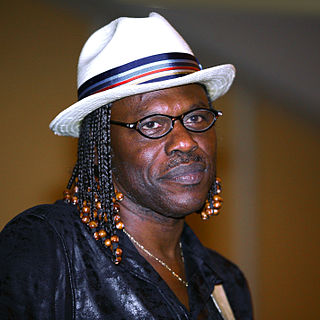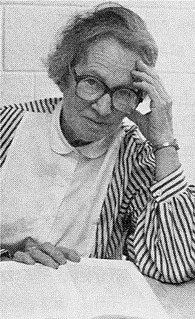A Quote by Marianne Williamson
I think every writer lives for the thought that there will be a moment when somebody reads something on the page and says, "Yes!"
Related Quotes
In a 22-page comic, figuring an average of four to five panels a page and a couple of full-page shots, a writer has maybe a hundred panels at most to tell a story, so every panel he wastes conveying a.) something I already know, b.) something that's a cute gag but does nothing to reveal plot or character, or c.) something I don't need to know is a demonstration of lousy craft.
Yes, the fear of its blankness. At the same time, I kind of loved it. Mallarmé was trying to make the page a blank page. But if you're going to make the page a blank page, it's not just the absence of something, it has to become something else. It has to be material, it has to be this thing. I wanted to turn a page into a thing.
No one reads to hear someone complain about the weather or how poorly their children are behaving. You have to give the readers a reason to turn the page. As a writer you have to invite someone to turn the page. And that is a skill you have to refine. That is why you have to read. You have to read to learn what it is that makes people turn the page.
You know what your trouble is? You're the kind who always reads the handbook. Anything people build, any kind of technology, it's going to have some specific purpose. It's for doing something that somebody already understands. But if it's new technology, it'll open areas nobody's ever thought of before. You read the manual, man, and you won't play around with it, not the same way. And you get all funny when somebody else uses it to do something you never thought of.
When I see someone who reads something of mine and draws something out of it that's very different from my perspective, I think that's actually cool. Sometimes it's worrisome when you feel they badly misinterpret it, but it just says that they're thinking, and they're bringing their own interpretation to bear on it. [...] That's part of the wonderful thing about putting words into the world, and if I was worried about that, I couldn't be a writer.
There is no greater enjoyment than that of sharing something. Have you given something to somebody? That`s why people enjoy giving gifts so much. It is a sheer delight. When you give something to somebody - maybe valueless, may not be of much value - but just the way, just the gesture that you give, satisfies tremendously. Just think of a person whose whole life is a gift! whose every moment is a sharing - he lives in heaven. There is no other heaven than that.


































